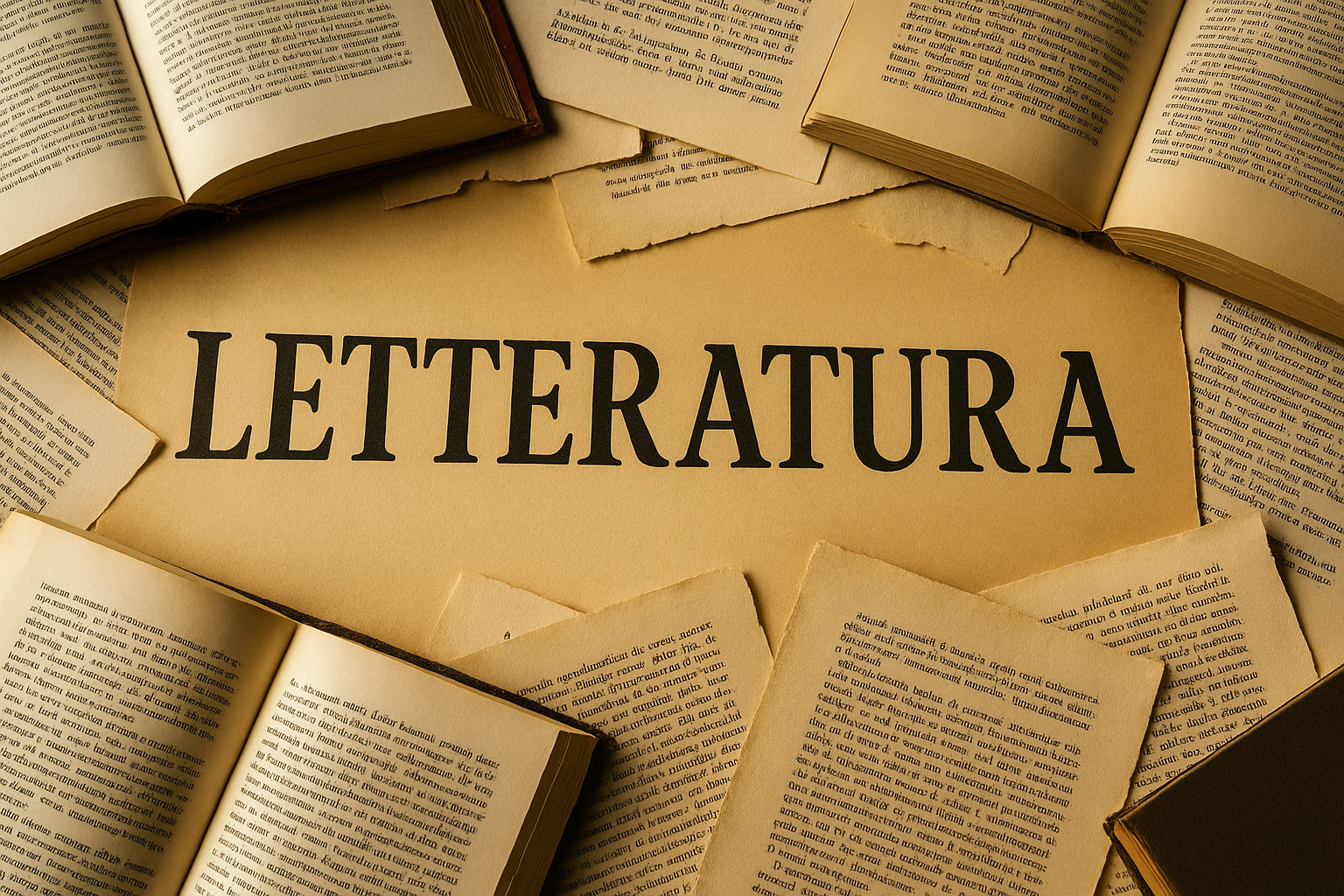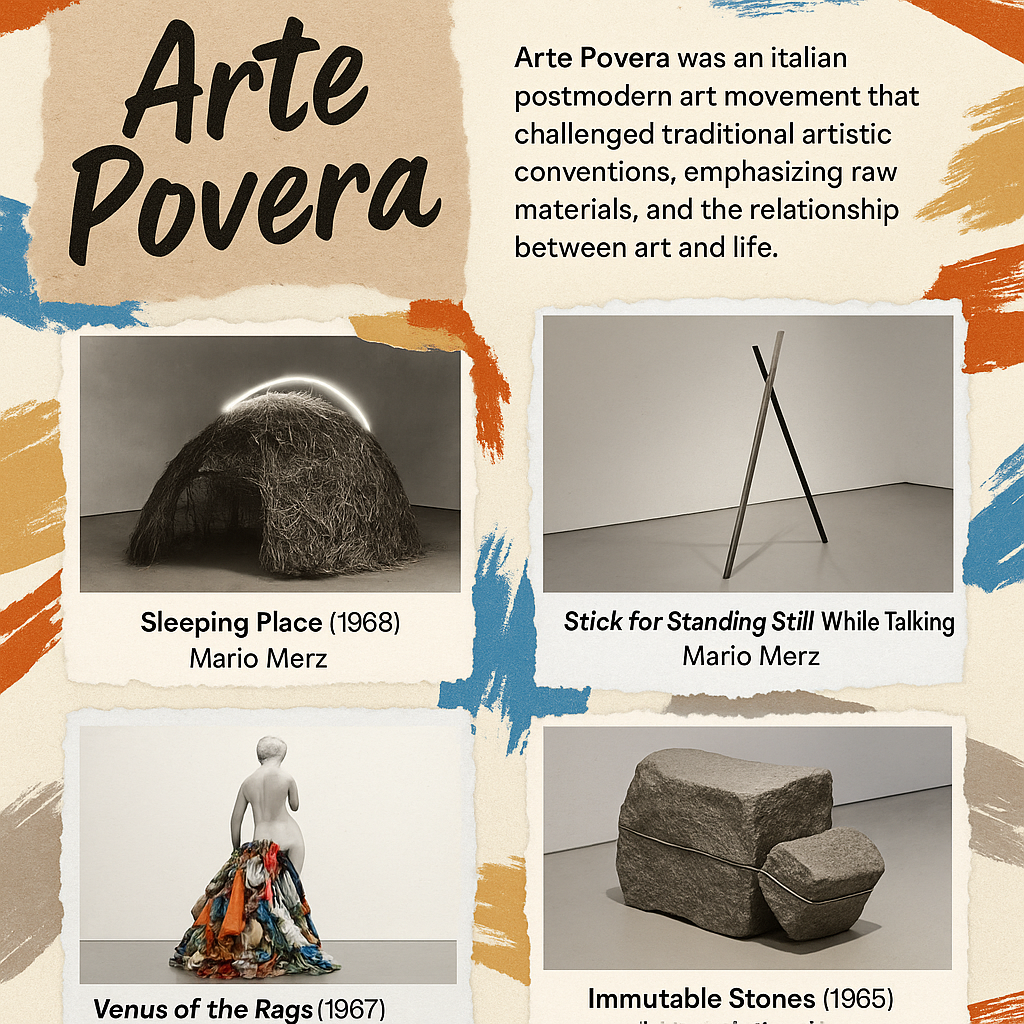
In Italian, letteratura refers to the study of language and literature. The term is derived from the Latin litteratura, which means “letters” or “writing.” It is broadly used to mean any kind of writing that explores the richness of language or contributes to it in a meaningful way. It may also refer to literary work that exhibits high cultural qualities or has been published. The clever rhymes you invented as a kid about your grade school principal’s bathing habits probably weren’t literature, but they are examples of letteratura.
Literature can be anything that conveys a message, such as fiction, nonfiction, or poetry. The genres are often defined by their subject matter and tone, and they range from simple exposition to polemics to political and religious tracts. The genres are also distinguished by their form and structure. Poetry is often written in verse, while novels are typically structured as a series of episodes with an overall narrative arc.
The history of literature is closely linked to the development of the modern world and civilizations. It has evolved as a response to the needs of society and to the challenges of changing times. It has been influenced by philosophy, religion, and science, and has been shaped by changes in technology and communication. The development of modern language, including the alphabet and dictionary, helped create the foundation for literature as we know it today.
In addition to a basic vocabulary, letteratura students should learn how to read the works of great writers. To master this skill, students should start with short passages that they can understand, and gradually work their way up to reading longer works. In addition, they should try to identify the main idea of each work and analyze the language used in each piece.
Using a dictionary is also important to help students understand the meaning of words and phrases. They should also consider etymology, as the roots of some words have changed over time. The word “literature” itself dates back to the early 15th century, when it was derived from the Latin litterature, which meant “book learning.” The meaning of the word has also changed over time, ranging from “writing formed with letters” to “an epistle or writing.”
Practicing Italian pronunciation can improve a student’s ability to communicate in the language. Students should practice consistently, paying particular attention to word stress and intonation. They should also listen to Italian audiobooks and podcasts to immerse themselves in the language. Students should also try shadowing, where they mimic the intonation and pronunciation of a native speaker.



